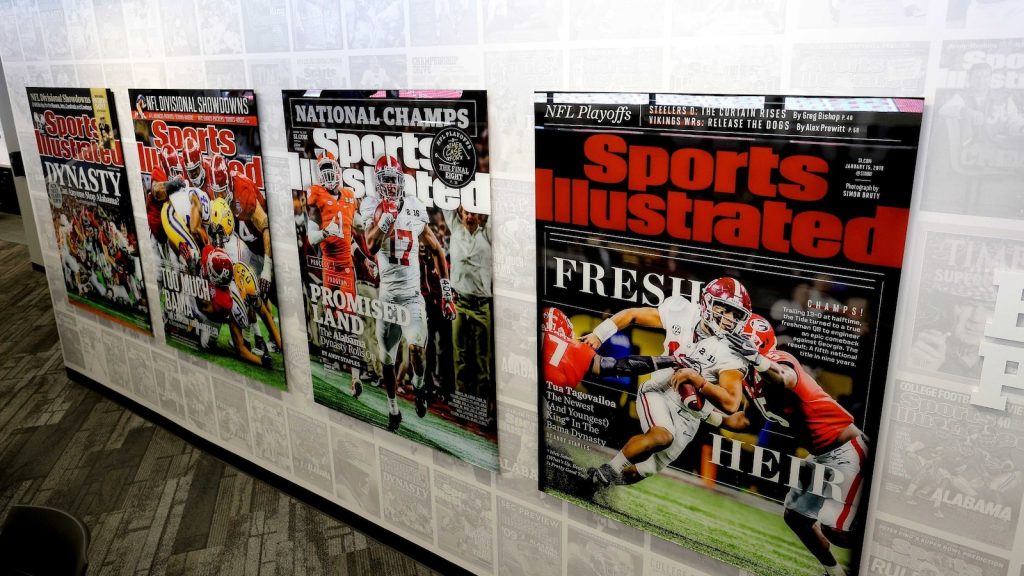The Consumer Financial Protection Bureau on Wednesday proposed a set of new rules that would slash the fees banks charge customers for withdrawing more than the available funds in their account.
Americans have paid an estimated $280 billion in overdraft fees since 2000, according to data from the consumer watchdog agency. Over the same period, major banks have steadily boosted profits.
“For too long, some banks have charged exorbitant overdraft fees — sometimes $30 or more — that often hit the most vulnerable Americans the hardest, all while banks pad their bottom lines,” President Joe Biden said in a statement. “Banks call it a service — I call it exploitation.”
However, banking groups and some on Capitol Hill think the rules would limit a service that many financially vulnerable Americans rely on.
The proposal now faces a lengthy regulatory approval process, a period during which the public can provide feedback. For now, the proposed changes are set to take effect in October 2025.
Here’s what it means for you.
The proposed changes
The move is part of the Biden administration’s larger ambition to tamp down on what it calls “junk” fees charged by everyone from retirement plans to ticket sellers, an initiative that has generally had bipartisan backing.
Overdraft fees affect some 23 million households in a given year, and the proposed cutbacks would save Americans about $3.5 billion annually, the CFPB says. Much of that money would theoretically return to the pockets of lower income bank customers: Consumer Reports says 8% of bank customers generate nearly 75% of banks’ revenue from such fees.
The new rules, which only apply to banks with $10 billion or more in assets, would force financial institutions to treat overdraft coverage the same way they treat credit cards and other loans. That means, if a consumer is able to overdraw the account, the bank must provide clear disclosures about the rules and limit fees in the first year.
The rule would also limit the amount banks could charge. Fees can either be commensurate with what it costs banks to provide them, or consistent with a benchmark fee between $3 and $14 — instead of the $35 some banks charge now. The average overdraft fee is about $26, according to Bankrate.
What new rules mean for consumers
Not everyone thinks the new rules would be a win for consumers. A website funded by the Consumer Bankers Association called the proposal “misguided,” arguing that many Americans living paycheck-to-paycheck use overdraft services to make ends meet.
Republican congressmen Patrick McHenry and Andy Barr struck a similar tone.
“The proposed rule issued today by the CFPB would undermine the Bureau’s consumer protection mission,” the lawmakers said in a statement. “The Biden Administration’s attempts to mandate one-size-fits-all consumer financial products and services diminish financial inclusion, limit consumer choice, stifle innovation, and ultimately raise the cost of banking for all consumers.”
Indeed, an overdraft fee can be the lesser of two evils for consumers in a pinch, says Greg McBride, chief financial analyst at Bankrate.
“There are a number of consumers that use overdrafts, essentially, as a form of credit,” he says. “It’s cheaper to pay a $35 overdraft fee than it is to get the electricity shut off, and then have to pay $100 to get it restarted, or to pay $150 late fee on your mortgage.”
If such a service were to go away altogether, some Americans looking to access emergency cash via overdraft could find themselves in financial difficulty.
But most Americans don’t overdraw their accounts on purpose. Just 22% of households expected their most recent overdraft, according to a CFPB survey. And many of the consumers charged had access to a cheaper alternative, such as available credit on a credit card, the agency says.
“The CFPB is looking at making it so that consumers that either do make a mistake or let their guard down don’t get hit too hard by the overdraft fees,” says Ken Tumin, a senior industry analyst at LendingTree and founder of DepositAccounts.com.
Lower fees should help consumers avoid a scenario where an overdraft could saddle them with high fees that compound into more overdrafts, he says. “And then basically the consumer is getting into a cycle that they can’t get out of.”
DON’T MISS: Want to be smarter and more successful with your money, work & life? Sign up for our new newsletter!
Want to land your dream job in 2024? Take CNBC’s new online course How to Ace Your Job Interview to learn what hiring managers are really looking for, body language techniques, what to say and not to say, and the best way to talk about pay. Get started today and save 50% with discount code EARLYBIRD.
CHECK OUT: This underused savings tool could earn you guaranteed 5.5% interest—but you’ll want to act quickly


